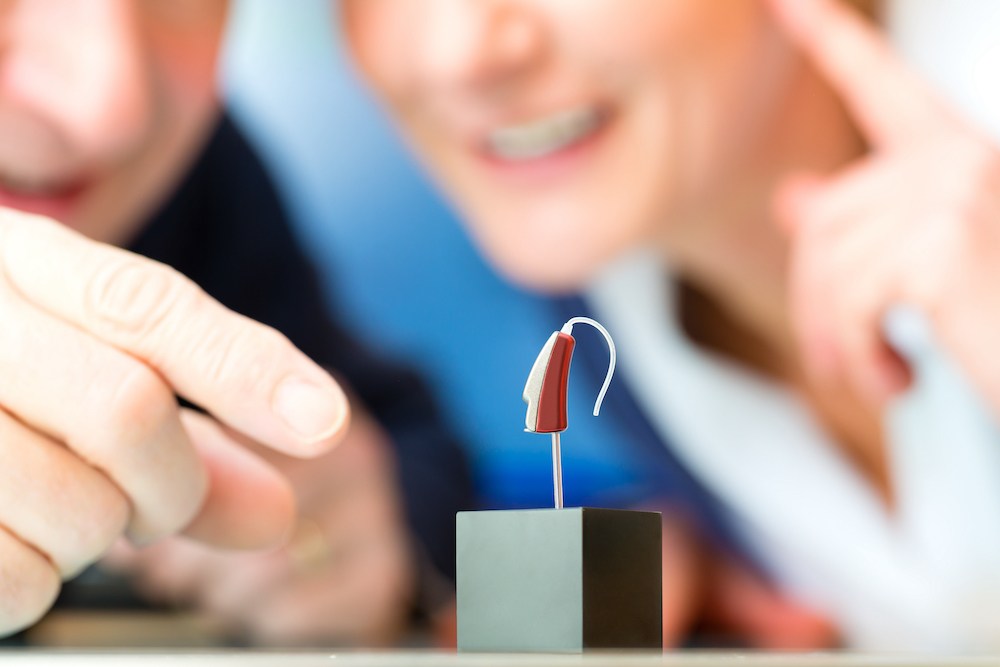Bluetooth Hearing Aids and Modern Connectivity Features
Advances in technology are continually improving the way we manage hearing


Advances in technology are continually improving the way we manage hearing

Hearing health is often not given the same attention as eye exams or

Hearing aids are an essential tool for many people, helping them